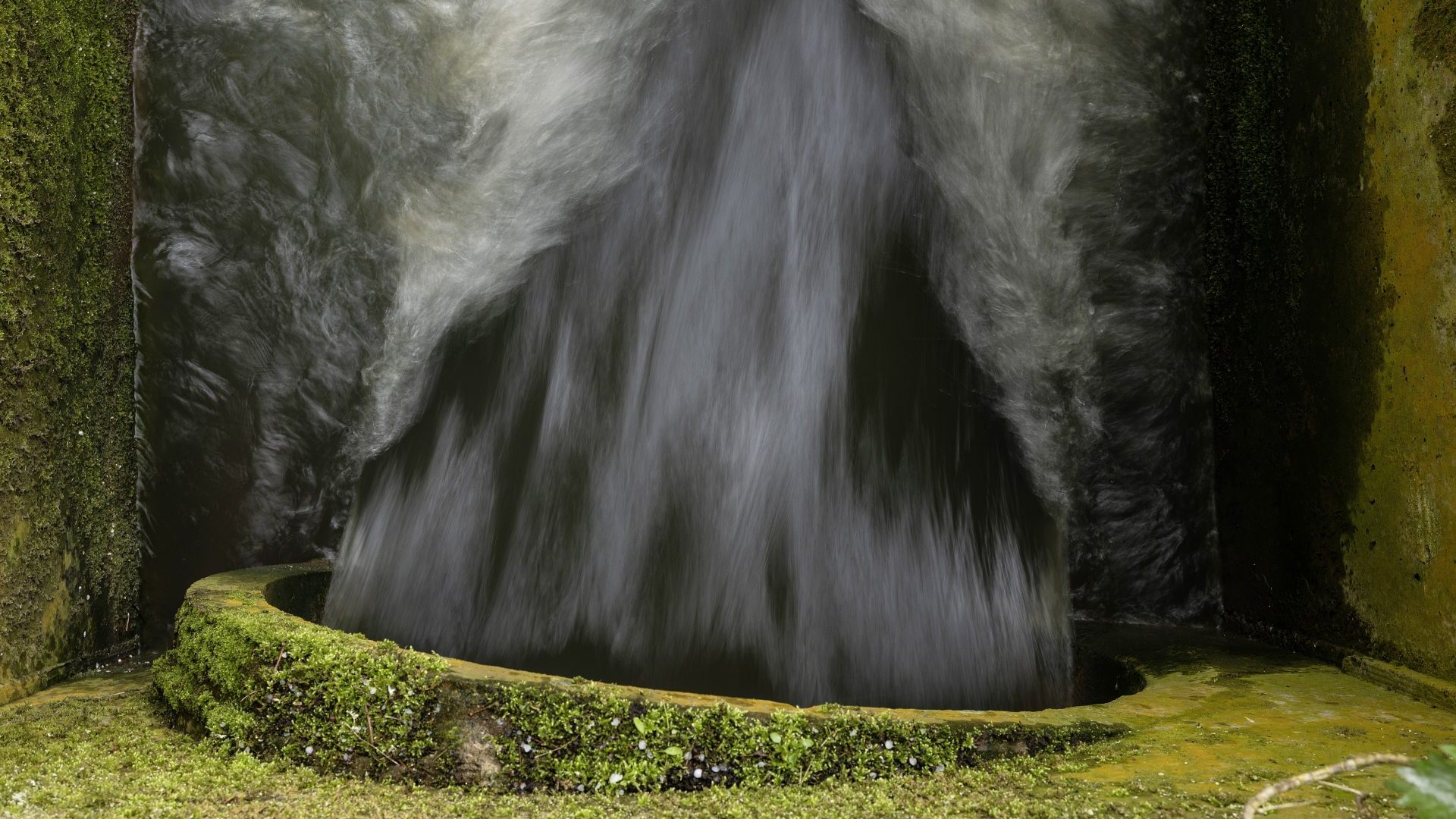As legislative proposals go, it would seem relatively uncontroversial to suggest amending a bill to include a clause “so as not to require that British officials, ministers or His Majesty’s judges breach precious international treaties”. Sadly, that is not the case in the UK in 2023. So wedded is the government to its Rwanda dream that last week it could not countenance this cross-party amendment to its illegal migration bill. Hard-whipped Tories voted against the amendment but it was still passed, with a majority of 43.
The following day, the High Court ruled that what the bill itself proposes is illegal, although on the very narrow ground that Rwanda might transfer asylum-seekers back to their countries of origin where they could be at risk. The government will now appeal to the Supreme Court, which means that home secretary Suella Braverman must wait a while longer for any chance of what she terms her “dream” and “obsession” being realised.
Braverman has expensive tastes. The Home Office has now acknowledged that the cost of sending each migrant to Rwanda would amount to £169,000, some £63,000 more than keeping them in the UK. Yet the government is now so committed to the scheme that it is not open to rational argument. Cutting the number of small boats bringing migrants to the UK is one of prime minister Sunak’s key pledges and, since he is not making the greatest of progress in halving inflation, it has become even more totemic.
No matter that the polls show immigration is nowhere near the obsession with voters that it is with the government, they are convinced the issue remains key to any chance they have of retaining red wall seats at the next general election. Deporting migrants to Rwanda is the only strategy that they have devised on this front.
The theory is that the threat of deportation to east-central Africa will deter desperate people from risking their lives and clambering aboard unseaworthy vessels to try to cross the Channel. There is no proof for this but it is the rhetoric that is employed to rebut any attempt to question the legislation. And it is questionable on so many grounds.
Take the case of unaccompanied children. Even the Home Office draws the line at sending children to Rwanda. Instead, it proposes keeping them in the UK until they turn 18, and then marking their coming of age by sending them to east Africa.
An unaccompanied child arriving in the UK could be as young as ten, and spend eight years, maybe in foster care, going to school, making friends, rebuilding a life after untold horrors only, on hitting 18, to be wrenched away from that and sent to a far-off land with which he or she has no connection and where he or she does not speak the language.
This would surely strike most people as inhumane. It certainly seemed that way to the redoubtable Baroness Butler-Sloss, a former head of the family division of the High Court, who spoke in support of efforts in the Lords to prevent such cruelty. They were successful.
Rwanda may be a wonderful country in many ways, although it does not fare well in international rankings on transparency, civil liberties and quality of life. Nevertheless, Braverman and her predecessor, Priti Patel will hear nothing against the place and have so far handed over £140m to the Rwandan government to encourage it in welcoming the migrants, should they ever get there.
It is just one of the 57 countries which the government lists as “Countries or territories to which a person may be removed”. We are not yet told what terms might have been agreed with the other countries on the list but even the government acknowledges that it would not send women to Gambia, Ghana, Kenya, Liberia, Mali, Nigeria or Sierra Leone.
This hint of humanity is, however, very limited. When the debate turned to issues of sexuality and deportation, the government found itself struggling to justify an untenable argument. The Foreign and Commonwealth Office website states that: “Homosexuality is not illegal in Rwanda but remains frowned on by many. LGBT individuals can experience discrimination and abuse, including from local authorities. There are no specific anti-discrimination laws that protect LGBT individuals.”
That does not sound as if gay people might be best advised to stay away. But the government is intent that Rwanda is a safe place. When asked to explain this position, the hapless minister, Lord Stewart of Dirleton, came up with a wonderfully gnomic response:
“The guidance furnished by the Foreign Office to British citizens for travelling is a separate matter from the guidance upon which the government are relying in the present case.”
That was not an answer likely to satisfy the man who had raised it, Lord Etherton, the first former chancellor of the High Court to be in a same-sex marriage. The Lords were unable to vote on his amendment which would have precluded deportation to certain countries, including Rwanda, for those who would be at risk there.
Alas, the voting system had broken down. It felt symptomatic of much that used to work in the UK, including a belief in international treaties and human rights.




